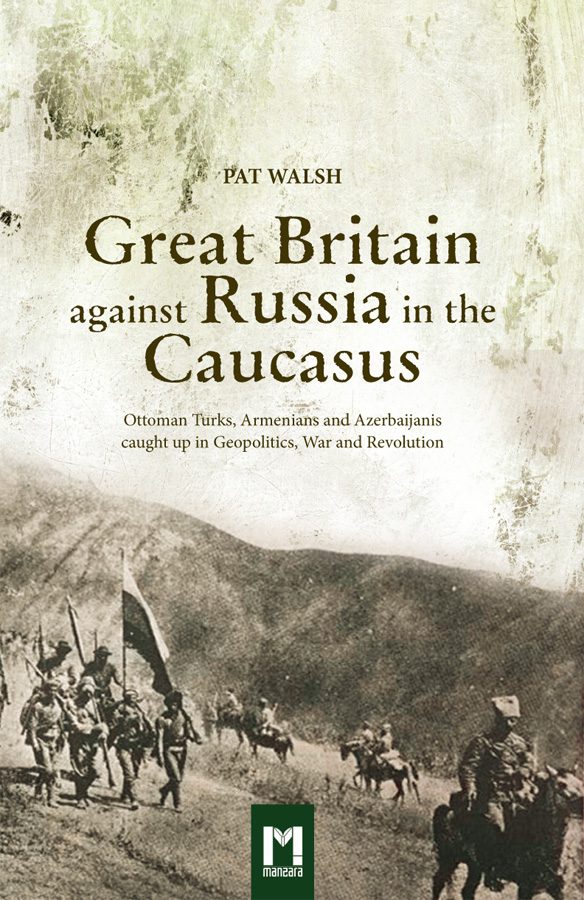
For most of the 19th Century Great Britain and Tsarist Russia confronted each other in a geopolitical struggle known as the Great Game. During this period Britain supported the Ottoman Empire as a giant buffer state against Russian expansion toward the Mediterranean. But in 1907 the Great Game against Russia was suddenly suspended in the interests of a drastic alteration in Britain’s Balance of Power policy that identified Germany as the main threat to British global predominance. An unlikely alliance was established between the two former deadly enemies which had momentous consequences for Tsarist Russia and the world.
The primary consequence of this revolution in British Foreign Policy was the Great War of 1914, waged by Britain, Russia and France on Germany and the Ottoman Empire. In the course of this catastrophic global war the Tsarist State collapsed, throwing much of Eurasia into flux, and letting loose new forces into the world. The Russian Revolution and Bolshevik coup, along with universalistic slogans encouraging „self-determination“ trumpeted by the Allied Powers, provoked nationalism and new nations, in areas where such notions had been weakly developed previously, like Transcaucasia.
Within this turmoil the new nations of Georgia, Azerbaijan and Armenia emerged out of the Russian Empire and took their first steps toward independence in a situation of great instability and uncertainty. The Armenians, the most nationalistic and militarized people in the region who had collaborated in the attempt to destroy the Ottoman State, were now employed by the badly-stretched Entente to reconstruct a new Allied front in the Caucasus replacing the Russian lines that had melted away. And this was to have tragic consequences for the local Muslim population.
At the end of 1918 Britain finally won its Great War on Germany and the Ottoman Empire, whilst seeing its former enemy, Russia, descend into chaos. Britain had seemingly won not only the Great War but the Great Game against Russia and occupied its territory in the Caucasus, with the power to determine the region’s future for the first time. Or so it seemed.
The collapse of the Russian State resulted in the Caucasus becoming one of the centres of a new conflict as Britain supported regime change in Moscow by promoting and facilitating civil war in Russia. The new Transcaucasian states of Georgia, Armenia and Azerbaijan had been provided with a vacuum in which to be born and develop as nations and the British occupation was availed of for this development. But the freedom of action of these new nations was short lived after Britain, lacking the will to sustain its occupation for various reasons, abruptly began a withdrawal.
This study, for the first time, places the fall of the Ottoman Empire and the Armenian question in its full geopolitical context of the Great War, Russian State politics and Revolution, and the changing Foreign Policy of Great Britain. Without this context full understanding of these world-historic events is impossible.
manzara-verlag.de/shop/great-britain-against-russia-in-the-caucasus/
